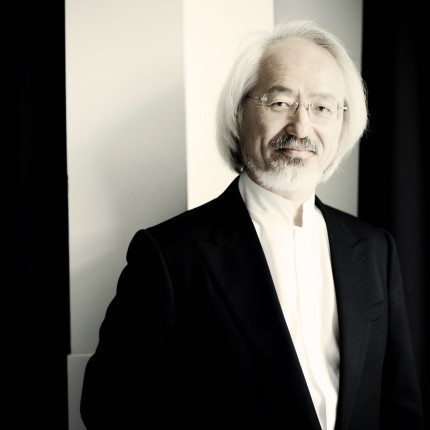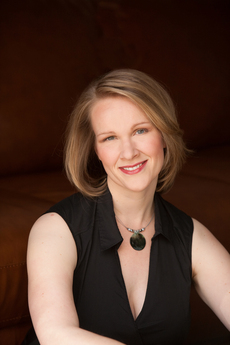Bach Collegium Japan makes intimate Chicago debut at Rockefeller Chapel

Four years ago, the Bach Collegium Japan made their first Midwest appearance just days after the earthquake and tsunami that devastated Tōhoku. Led by ensemble founder and conductor Masaaki Suzuki, the sole work was the Mass in B minor, an apt vehicle for healing and restoration.
Bach Collegium Japan is marking its 25th anniversary season this year and the venerable Suzuki led his ensemble in its belated Chicago debut Friday night at Rockefeller Chapel. The program, presented in the University of Chicago Presents series, was less ambitious than that at Indiana’s Valparaiso University in 2011, with Suzuki directing a slenderized nonet of musicians in a Baroque program mixing concertos and vocal works.
There, of course, is historical precedent for presenting great Baroque choral works in vast cathedrals where the space can expand to accommodate large choruses. Even with Rockefeller’s visual resplendence, one couldn’t help feeling that Friday night’s chamber program would have been better off in UC’s Logan Center or even Mandel Hall. In the vaulting space, the light timbres of the period instruments–allied to Suzuki’s intimate performance style–were too often swallowed up in the resonant acoustic. It’s a rare experience to encounter a performance of Bach’s Brandenburg Concerto No. 2 where you can’t hear the trumpet.
That acoustic issue apart, Suzuki showed himself an alert and idiomatic leader and, conducting (while standing) from the harpsichord, elicited vigorous, well-balanced performances.
If the lightish program lacked a center of gravity, it provided a worthy showcase for the solo chops of several Bach Collegium Japan members.
Masamitsu San’Nomiya was a polished and assured protagonist in Vivaldi’s Oboe Concerto, RV 450, throwing off fizzing bravura in the final movement. The faster sections of Bach’s Flute Sonata in E minor, BWV 1034, weren’t always fluently dispatched, yet soloist Kiyomi Suga brought a plaintive touching delicacy to the slower passages.
Receiving the most rousing ovation of the night was Andreas Bohlen, soloist in Vivaldi’s Recorder Concerto in C major RV 443. An unlikely instrument for solo display one would think, but Bohlen brought dazzling virtuosity to his woody piping, playing with astounding clarity and even articulation at breakneck tempos.
Less successful was the opening Brandenburg Concerto No. 2. The Baroque trumpet is almost impossible to play and Guy Ferber managed capably, one errant high note apart. Still the brilliance of this music felt decidedly muted in Suzuki’s introverted chamber performance.
Soprano Joanne Lunn was guest soloist in the two largest works of the evening. Handel’s Gloria counts as a “new” work, discovered as recently as 2001. The program notes cast doubt on its being a genuine Handel work, but in its vocal display and idiomatic style, it sounds authentic to me.
The statuesque Lunn possesses a boyish timbre suitable for this repertory and displayed the agility and high notes to sail easily through the coloratura fireworks. The English singer was less convincing in the more expressive sections, which were rendered in a generalized fashion that felt surfacey and at times verged on blandness.
Suzuki’s ambitious recording series of Bach’s complete cantatas for the Bis label first put Bach Collegium Japan on the map and it was good to have that project represented with the final work of the evening. In addition to its florid opportunities for the vocal soloist, Cantata No. 51, “Jauchzet Gott in allen Landen,” made a fine showcase for the entire ensemble.
Lunn sang with energized, head-wagging spirit, though, again, one sometimes wanted a more varied and deeper response from the text along with the vocal bravura.
The ensemble played with spirit under Suzuki’s unobtrusive direction, with a vital fiddling duo by violinists Ryo Terekado and Yukie Yamaguchi and some spectacular trumpet playing by Ferber (playing a different instrument than in the Bach Brandenburg).
The next event in the University of Chicago Presents series is the Arcanto Quartet November 13 at Mandel Hall. ticketsweb.uchicago.edu
Posted in Uncategorized



Posted Nov 02, 2015 at 7:35 pm by Calvin Stapert
Re: “Four years ago the Bach Collegium Japan made their first midwest appearance….”
In 2003 they performed the St. Matthew Passion at Calvin College in Grand Rapids, MI, and at the University of Michigan. Those performances were given on BCJ’s first US tour.